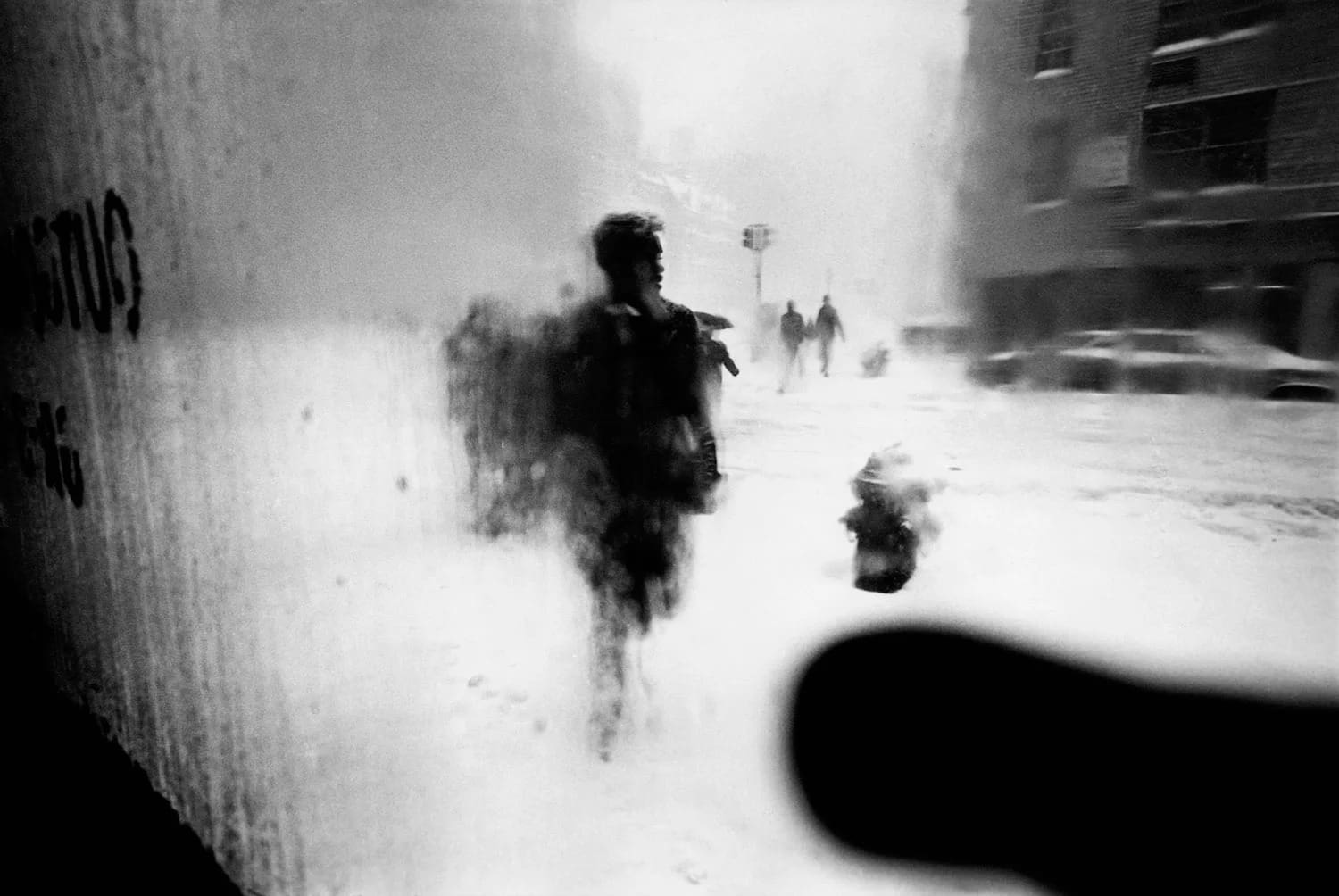These are the things I can tell you of my grandfather.
Eric Solomon, my father’s father, lived a prolific life. He was born in Baghdad to a pair of diplomats from the United Kingdom, in what was then the Ottoman Empire, and moved to Mumbai as a young boy, then called Bombay by the British Raj. Tensions between the Ottomans and the British were growing dire before the Great War. He attended the same grammar school as Rudyard Kipling, though decades later, and would go on to join the Royal Indian Navy. He played water polo for the Raj and spoke a handful of languages. He served in the Second World War, was later discharged by Mountbatten, and then he immigrated to Australia. He supported Gandhi. Before he met my grandmother, he was married to another woman and had a son, my uncle, who he both tragically lost. All of this had occurred by his forties, when he fell in love with my grandmother and together they had my dad. Eric was a Sephardi Jew, grandma was a Christian. He would suffer a heart attack and pass away during my dad’s childhood.
I can tell you these things but not with any dates. I don’t know the year he was born, the year he immigrated, the year he passed away, or the precise age of my father when it happened. I could figure it out if I prodded, but I prefer it this way. Eric is a story that I hold very dear, rather than a man I ever knew.
I would say I love both of my grandfathers deeply, and that I maintain a relationship with them both. They were young men when they were interred; I never met Wilfrid, my mother’s dad, either. I have always felt that little would come of doting on the fact that I never had a chance to know them – they have for decades belonged to history. Instead I love them for their stories, as I love my favourite novels and poems.
Wilfrid loved poetry, and my mum is convinced that he is the reason I love it too. I don’t know as much about Wilfrid, he was a quiet man, and his story is a quiet one. He grew up in Sydney, married my grandmother and they had my mum and uncle. He was much younger than Eric and didn’t serve in the war. He was blonde, pale and skinny, and had very blue eyes. My mum believes I look more like him than I do Eric.
As I reached adulthood, I found myself hungry for information. Speaking to my parents about their fathers, I was engrossed by what were stories of young men. Eric and Wilfrid took on a mythological youthfulness, and they became facets of how I saw myself.
In Eric is my courage and wanderlust. I like to think of Eric when I sit on the train, he is movement and liveliness. Whenever I visit the beach, I can see his love of the water. He reminds me that progress is possible, that through him a line can be drawn that connects me to a vibrant history. Despite being a man of his time that I would certainly disagree with, he is my progressivism. His love for his country was reconciled in his post-colonial understandings. His spiritual openness drives my own. He has taught me to love the old world and to want for it to change.
In Wilfrid is my comfort. He is a crackling fire and a calm smile. Where Eric inhabits the waves, Wilfrid still resides in my grandma’s beautiful house. He sits in a rocking chair by the fireplace there, and reads his poetry in a corner of my mind. He is stillness and rest, helping me to breathe and teaching me to think quietly. My mum is right when she says I look more like him, the similarities are remarkable. When I look at photos of Eric I see a Homeric figure, while in photos of Wilfrid I can’t help but see myself. My favourite pair of cufflinks were his, with embossed W’s on them. I often like to read poetry as if my head voice is his, and I think I don’t ask my mum very much about Wilfrid because I like to keep him similar to me.
Their lives belong to history, but their essences are wonderfully free. They exist somewhere between fact and my imagination, and this is how I love them. I experience them like poetry.
Wilfrid
In pastel colours, he is
Pale and thin –
A blonde face,
A warm embrace,
The hearth.
Living ever in the past
But somewhere closer still
The heart.
A Golden hand,
A plan of some sort –
Brought a daughter
And unspoken promises
Of a verdant future.
In the gardens of the moon,
Asleep on a green pool,
His is the face
Of every loon.
Eric
Cresting now, the ocean clipper
dips to meet the tempest lip
And glides toward the sun.
Soaring as a great sea bird
That spends its summers
On the run,
He mans the guns and softly,
In an ancient tongue,
A dozen words are sung
That beckon, ‘O Jerusalem.’
And as the wind enchants the sail
There forms a gilded hand
Out in the gale
That places in young Eric’s hand
The Holy Grail.
He won’t succumb to frailness yet,
Nor will the pages of my Kipling
Soon forget.
A ripple in a puddle
Is greater than
A stagnant sea.





